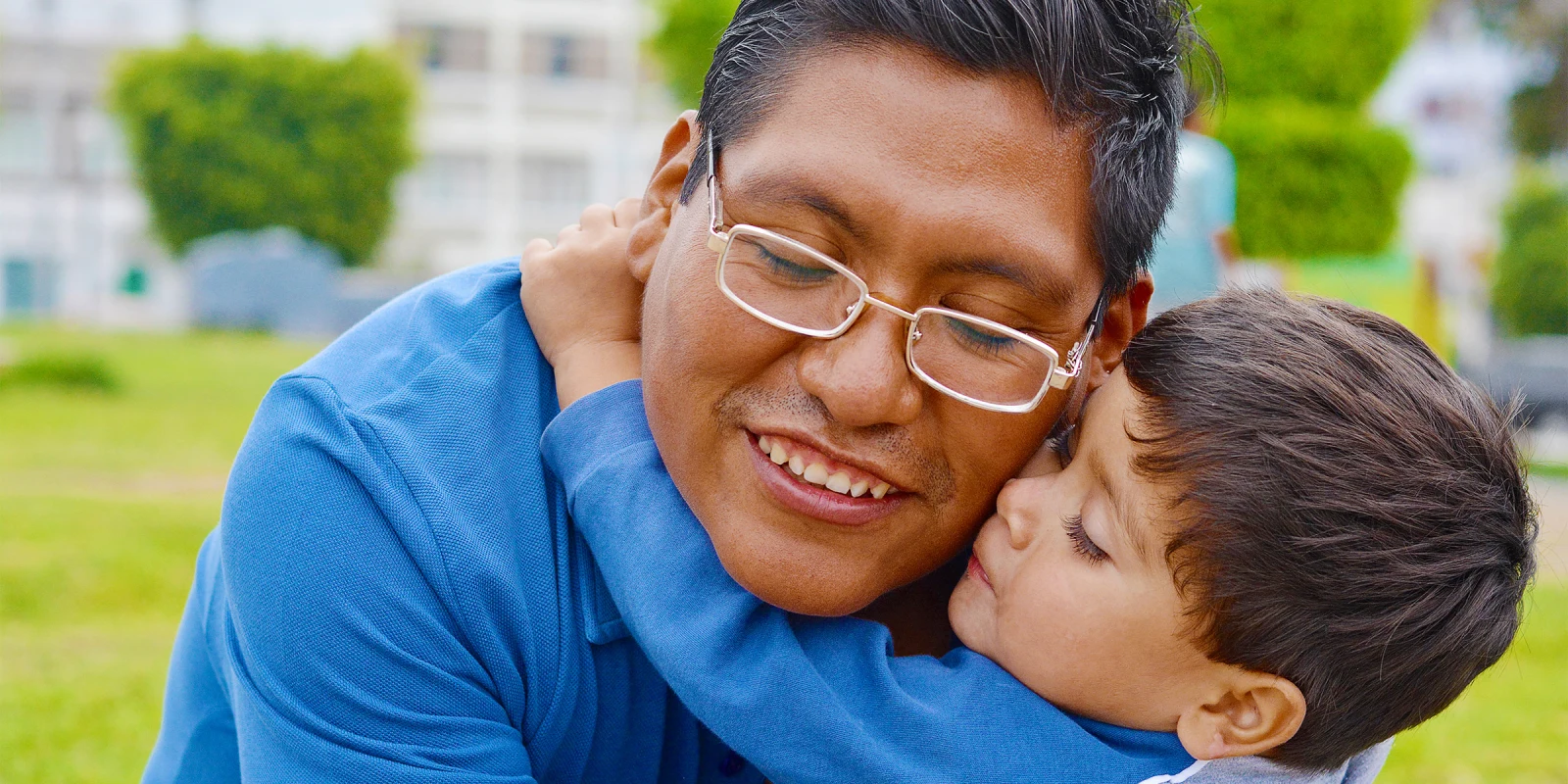Indigenous communities make up a rich and vibrant part of the U.S., with 9.7 million Americans identifying at least partially as American Indian or Alaska Native — an 85% increase since the 2010 census. Due to historic marginalization, they continue to face health inequities that are exacerbated by the ongoing COVID-19 pandemic.
Doximity had the opportunity to speak with Brandon Postoak, DO, president of the Association of Native American Medical Students (ANAMS) and recent graduate of Oklahoma State University School of Medicine, on his experience and how clinicians can best serve Native American communities.
Doximity: How do you identify?
Brandon Postoak, DO: Chokma, Chikashsha Chahta saya. Hello! I am Chickasaw and Mississippi Choctaw.
Dox: How has your identity/culture impacted your medical training?
BP: My culture has impacted my training through [our] philosophies. Our people believe all areas of health (mind, body, spirit) need to be in sync to be our healthiest and happiest. As an aspiring emergency physician, this allows me to keep open thoughts about alternative causes contributing to a patient’s chief complaint.
Dox: What should clinicians know about caring for Native American communities?
BP: Clinicians should understand we are sovereign nations and want to continue that. In 2016, Native Americans (NA) represented approximately 0.56% of the active physician population. We know people from the community will ultimately provide the best care for the community, but the question becomes, how do we get NAs into medicine? I believe clinicians can provide mentorship and support to those students who show interest in furthering their education and allow people from the community to take care of their own.
This concept could extend further and decrease some of the problems that plague NAs, such as diabetes and cardiovascular disease, and many mental health issues. By no means do we want handouts, but advice, guidance, and genuine compassion could impact our communities far more than many can imagine. Again, we are self-sufficient people who took care of ourselves way before Western medicine arrived in our nations. Teach us alternatives to care, the same way we used to teach others.
Dox: How are you giving back to your community?
BP: I was a troubled kid who did not utilize my talents for many years. I grew up in a low socioeconomic environment and dealt with immediate family problems such as substance abuse and mental health issues. At best, I thought NAs were meant to be middle-class, which deterred my ambition to become whoever I wanted as a child. Through many life lessons and support, I was able to gain confidence and ultimately chase the dream of becoming a physician. Currently, I provide STEM camps to my local middle and high schools. I believe showing our youth someone very similar to them achieving their dreams can inspire hope within them. As a child, I did not see physicians of color or of similar backgrounds [as me]. I hope to provide the STEM programs to inspire an interest in science and show that NAs can be successful as physicians and more.
Dox: What advice do you have for other Native American medical trainees?
BP: My advice is to understand many of you will be the first in your family, community, or even tribe to do what you are doing. You will hear you cannot achieve your dreams or that they are silly, the same way I heard it. Don’t let that break you! I was able to channel that energy and use it as fuel. Whenever I felt like giving up, I would recall those moments and use them to persevere. This journey is not an easy one, but understand you have a calling. Do not let the distractions of others deter you from your true purpose. There are programs and organizations that support NA medical students, such as ANAMS and the Association of American Indian Physicians. Native people are resilient beyond measure, and I believe the time for positive change is now. Please help us be the change to inspire other Native students! Chokma’shki! Thank you!
How are you supporting the Native American community in the U.S.? Share in the comments below.
This interview was conducted by Angelica Recierdo, MS, BSN, Doximity Editor.
Image by Ruslana Iurchenko / Shutterstock






